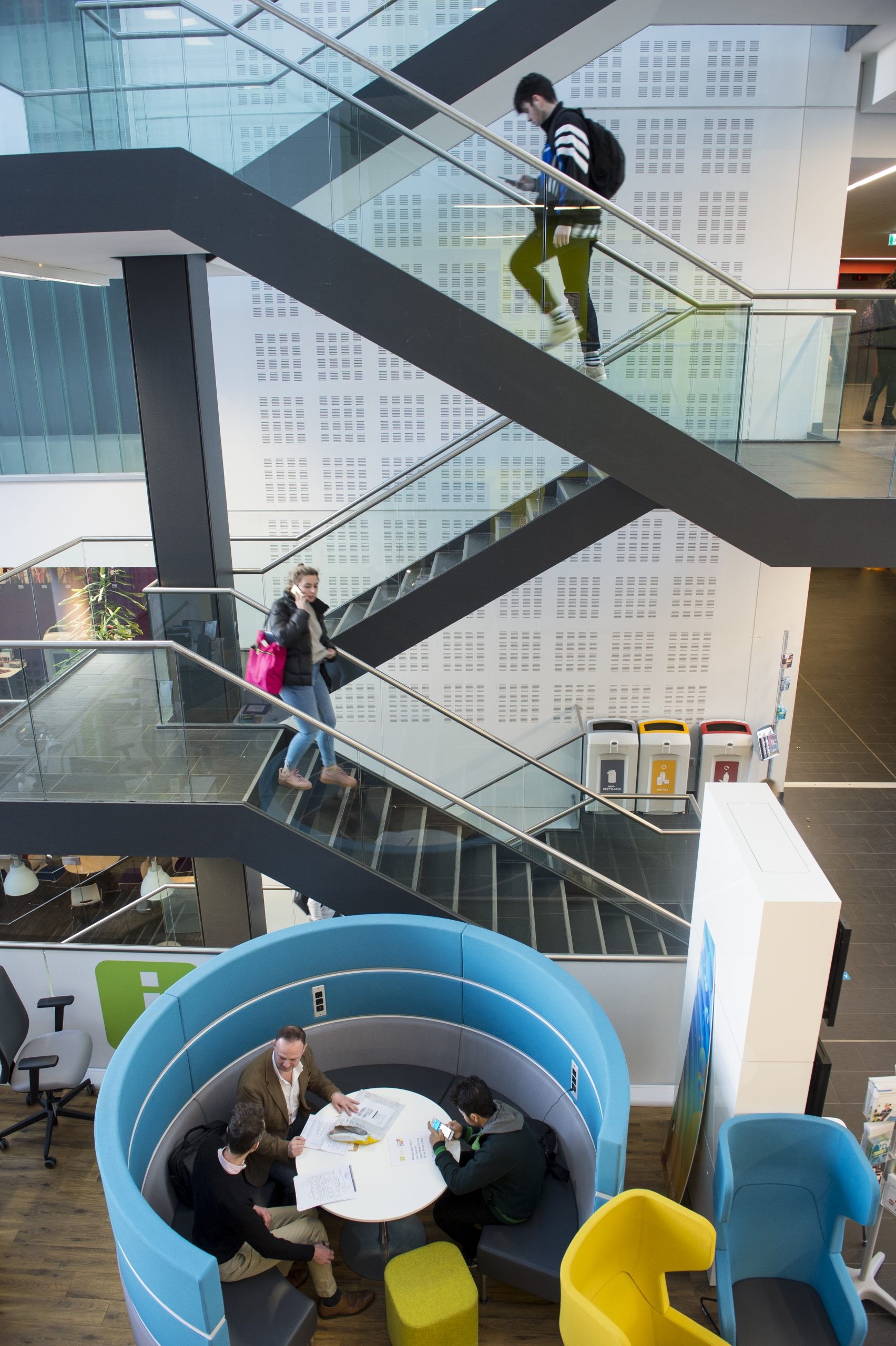The IS1 is the equivalent to the first year of a four year Scottish undergraduate degree. This programme is designed to help you develop your academic knowledge and skills within your subject area.
You will also focus on improving your English academic literacy in preparation for continuing onto your chosen Edinburgh Napier undergraduate degree. Studied across three terms, you will continue straight onto year two of your degree course at Edinburgh Napier University once you have successfully completed the pathway.




